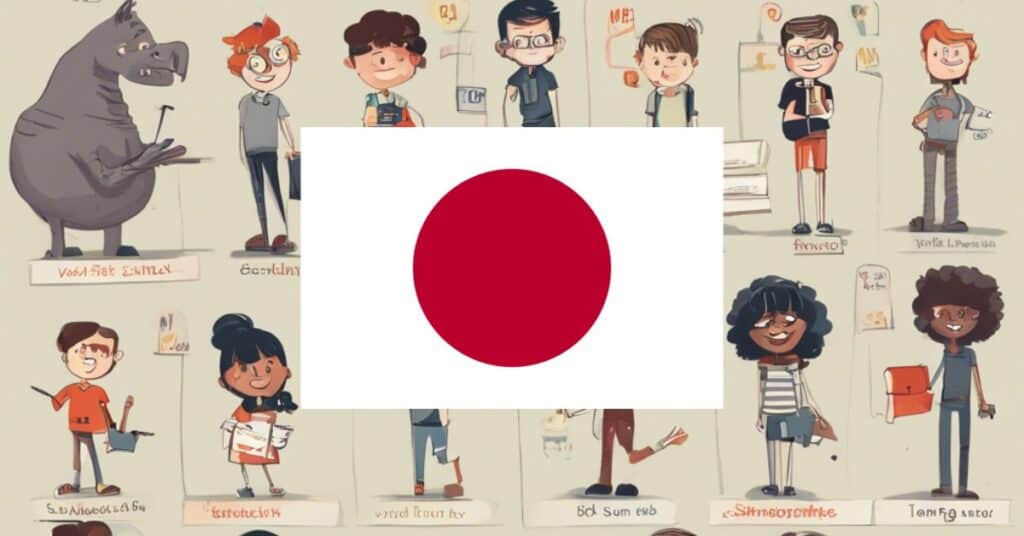Learning common adjectives in Japanese vocabulary can help you describe things more effectively. Adjectives are words that describe nouns. By expanding your knowledge of adjectives, you can better express your thoughts and feelings in Japanese. Understanding common adjectives will also improve your ability to communicate with others in everyday conversations. This skill will enhance your language skills and make it easier for you to navigate various situations in Japanese-speaking settings. Whether you are a beginner or looking to expand your vocabulary, learning common adjectives in Japanese is a valuable skill to have.
Games
Study Resources
Vocabulary
| English | Japanese |
|---|---|
| bad | 悪い |
| big | 大きい |
| different | 異なる |
| early | 早い |
| few | 少数の |
| first | 最初 |
| good | 良い |
| great | 偉大な |
| high | 高い |
| important | 重要な |
| large | 大きな |
| last | 最後 |
| little | 少しの |
| long | 長い |
| new | 新しい |
| next | 次の |
| old | 古い |
| other | 他の |
| same | 同じ |
| small | 小さい |
| young | 若い |
Quick Facts
- Common adjectives in Japanese do not change form based on the subject of the sentence.
- Adjectives come before the noun they describe in Japanese sentences.
- There are two types of common adjectives in Japanese: i-adjectives and na-adjectives.
- I-adjectives end in -i and na-adjectives require the particle "na" before the noun.
- Common adjectives are used to describe characteristics or qualities of a noun in Japanese.
Downloads
Vocabulary List
Download:common_adjectives_in_japanese.pdf









